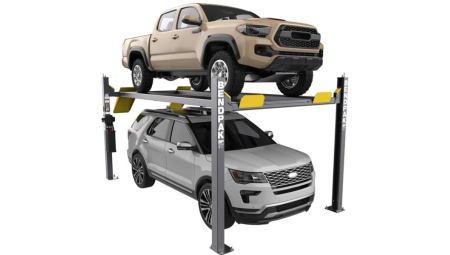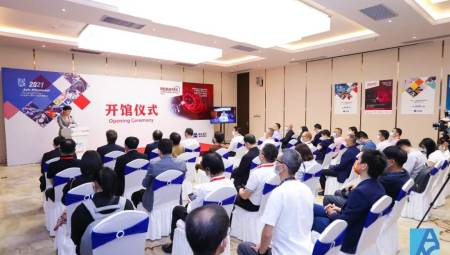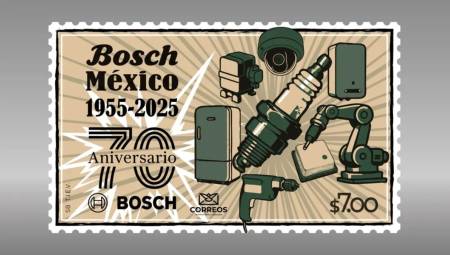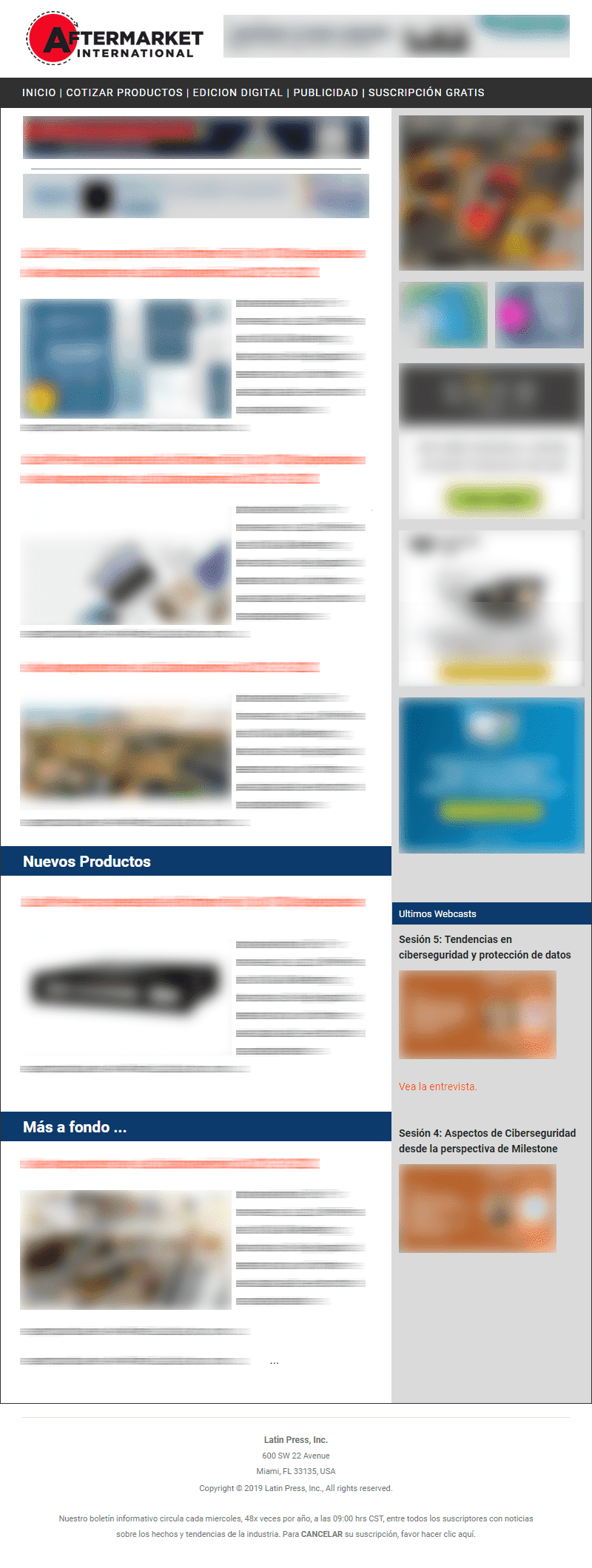United States. Washington is asking to suspend a rule that would take effect on May 2, citing unfair trade barriers. Bogotá responds with the intention of negotiating.
The U.S. government has issued a serious warning to the Colombian government due to the imminent entry into force of a technical regulation on automotive safety, which could curb U.S. exports of auto parts to Colombia, estimated at 700 million dollars per year.
In a letter sent on April 11 to the Minister in charge of Commerce, Industry and Tourism, Cielo Rusinque, Ambassador Jamieson Greer — representative of the Office of the U.S. Trade Representative (USTR) — called for a halt to the implementation of the new rules, scheduled to take effect on May 2. According to Washington, these measures ignore the security standards in force in the US and could translate into trade sanctions.
"Colombia's change of requirements without presenting evidence that current certification methods do not meet safety and performance objectives constitutes an unfair business practice," Greer said in the document.
The main concern of the U.S. is that the Colombian regulations would exclude certifications of the Federal Motor Vehicle Safety Standards (FMVSS), widely used in international automotive trade. This decision, Greer warned, could trigger immediate action by his government.
The U.S. Trade Office was clear in pointing out that, if Colombia's decision is upheld, the import of auto parts from the U.S. could completely cease, with significant consequences for both countries.
Among the expected impacts are higher costs for Colombian consumers, limitations in access to safer and more modern vehicles, and possible job losses in the automotive sales and service sector.
"Colombia's regulations will obstruct trade between the U.S. and Colombia and disrupt its economy without a reasonable expectation of improvements in public safety," the ambassador warned.
Although Washington supports Colombia's goal of improving vehicle safety, it insists that this should not be achieved at the cost of erecting barriers to trade.
Faced with the increase in tensions, the Colombian government formally filed a communication with the U.S. authorities to initiate a dialogue process aimed at reducing or eliminating the 10% tariff that affects Colombian exports. The message is clear: Colombia is willing to negotiate.
The president of the Colombian-American Chamber of Commerce (AmCham Colombia), María Claudia Lacouture, stressed that this step can open a door to a solution, but also warned about pending issues that could hinder the path.
"Both the executive orders and the statements of President Donald Trump have made clear that the tariffs seek to open a door to negotiation. As in any negotiation, it is essential to understand what is really on the table and how we can direct the process towards a positive outcome for Colombia."
Lacouture recalled that Colombia has relevant competitive advantages in this bilateral relationship, such as the current Free Trade Agreement and an export offer complementary to the U.S. one. However, he acknowledged that at least ten sensitive issues remain on the agenda, including precisely the certification of auto parts, the ad valorem tax, intellectual property issues, the fight against counterfeiting, and digital taxes.
"Concrete progress on these points will be decisive for Colombia to enter into a negotiation that allows it to exclude or reduce that 10% tariff. To achieve this, it is also important to work together between the public and private sectors. This is the best strategy to defend preferential access to the U.S. market and protect investment employment in Colombia," he said.
This diplomatic exchange occurs in a context of reconfiguration of trade relations and only weeks before the new technical standards come into force. Washington's warning leaves little room for maneuver and poses a direct challenge to the Colombian government's trade strategy.
With the clock counting down to May 2, the next few days will be decisive for the future of economic relations between the two countries.














